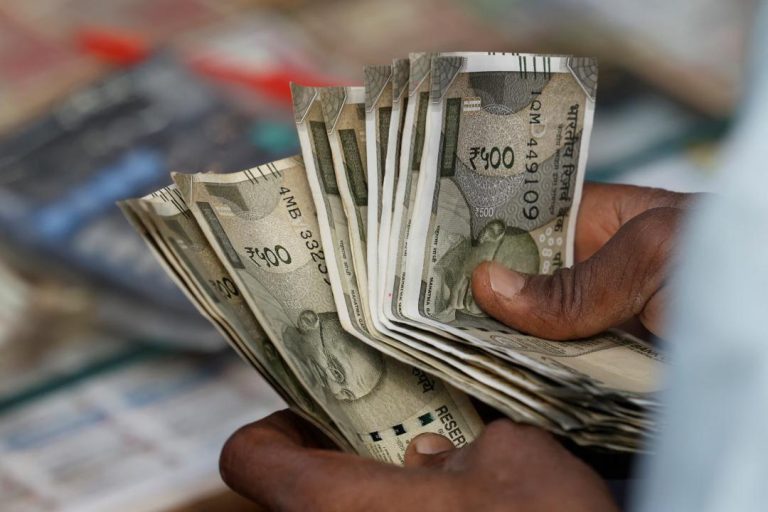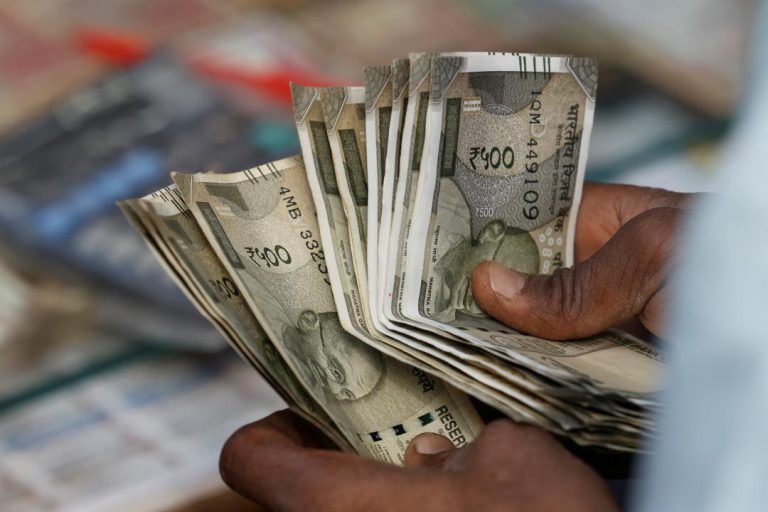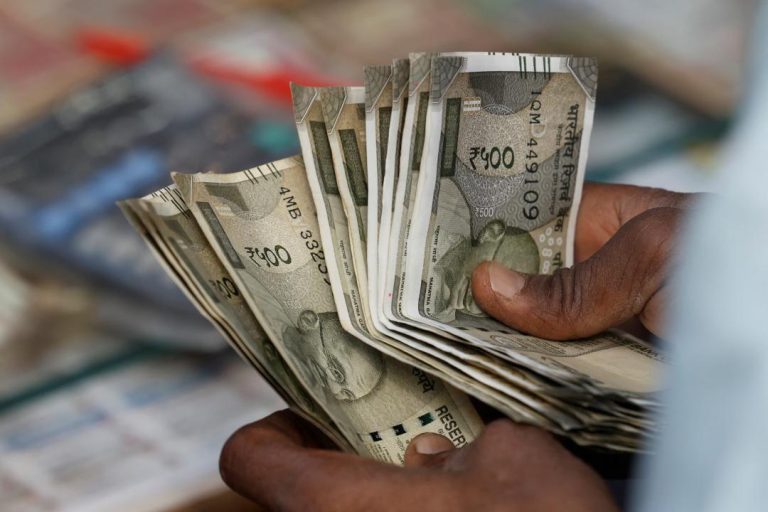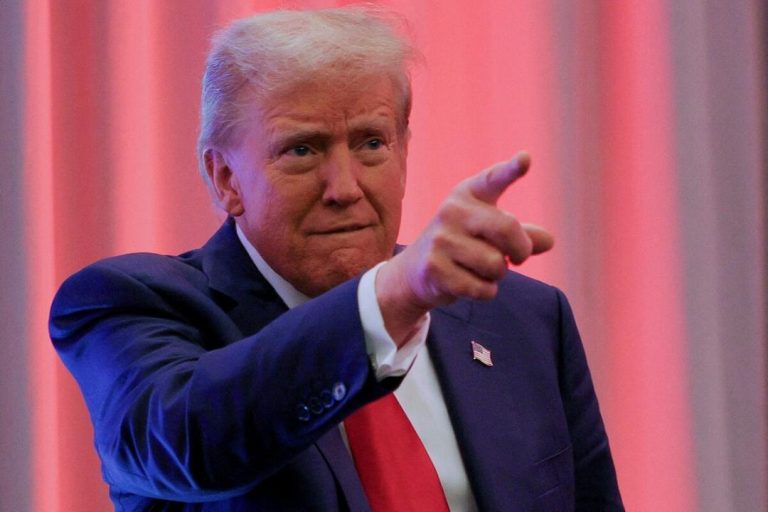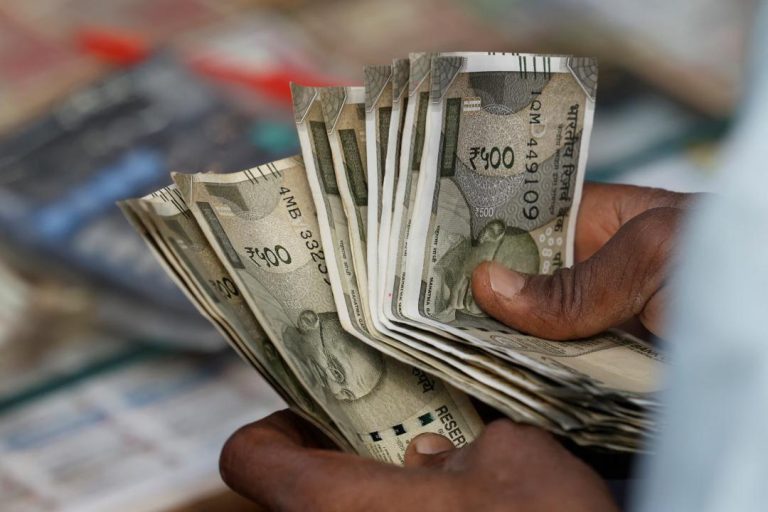
McAfee Study Uncovers How Indians are Lured into Travel Frauds
As the summer holiday season approaches, millions of Indians are eagerly planning their vacations, looking for the best deals and discounts to make their travels more affordable. However, in their quest for bargains, many are unwittingly falling prey to travel frauds, exposing themselves to financial losses and identity theft.
According to a recent study conducted by McAfee, a leading cybersecurity company, Indian holidaymakers are not only cutting back on spending but also struggling to spot scams, creating a perfect storm for cybercrooks.
The study, titled “India Safer Summer Travel Research”, reveals that a significant proportion of Indians are vulnerable to travel-related frauds, including fake travel deals, phishing emails, and compromised credit card information. The research highlights the need for Indian travelers to be more cautious and informed when planning their trips.
The Perfect Storm for Cybercrooks
The study found that 63% of Indians are planning to take a vacation this summer, with 45% of them looking for deals and discounts. However, this increased demand for affordable travel options has created an opportunity for scammers to capitalize on unsuspecting travelers.
The research identified several factors that contribute to the rise of travel frauds in India. These include:
- Lack of awareness: Many Indians are unaware of the common tactics used by scammers to dupe travelers. As a result, they are more likely to fall prey to phishing emails, fake websites, and other types of fraud.
- Insufficient security measures: Many online booking platforms and travel websites lack robust security measures, making it easier for hackers to compromise sensitive information.
- Increased use of public Wi-Fi: With more Indians using public Wi-Fi networks to book their travel arrangements, they are exposing themselves to a greater risk of cyber attacks.
The Most Common Travel Frauds
The study identified several types of travel frauds that are commonly targeted at Indian travelers. These include:
- Fake travel deals: Scammers offer fake travel deals, including discounts and package offers, to unsuspecting travelers. These deals often appear too good to be true and may require payment in advance.
- Phishing emails: Travelers may receive phishing emails that appear to be from legitimate travel companies or airlines. These emails may request sensitive information, such as login credentials or credit card details.
- Compromised credit card information: Travelers may unknowingly provide their credit card information to compromised websites or email scams, which can be used to make fraudulent transactions.
- Fake travel confirmations: Scammers may send fake travel confirmations to travelers, which may appear legitimate but are actually designed to steal sensitive information or make fraudulent transactions.
Tips to Avoid Travel Frauds
To avoid falling prey to travel frauds, Indian travelers can follow these simple tips:
- Research thoroughly: Before booking a travel arrangement, research the company or website thoroughly to ensure it is legitimate.
- Be cautious of deals that are too good to be true: If a deal appears too good to be true, it likely is. Be cautious of offers that require payment in advance or offer discounts that are significantly higher than usual.
- Use secure payment methods: Use secure payment methods, such as credit cards or PayPal, which offer some level of protection against fraud.
- Be wary of public Wi-Fi: Avoid using public Wi-Fi networks to book travel arrangements or access sensitive information.
- Verify travel confirmations: Verify travel confirmations with the airline or travel company to ensure they are legitimate.
Conclusion
The McAfee study highlights the need for Indian travelers to be more cautious and informed when planning their trips. By understanding the common tactics used by scammers and taking simple precautions, travelers can minimize their risk of falling prey to travel frauds.
As the summer holiday season approaches, it is essential for Indian travelers to prioritize their online security and take steps to protect themselves against travel-related frauds. By doing so, they can ensure a safe and enjoyable trip.
Source:
